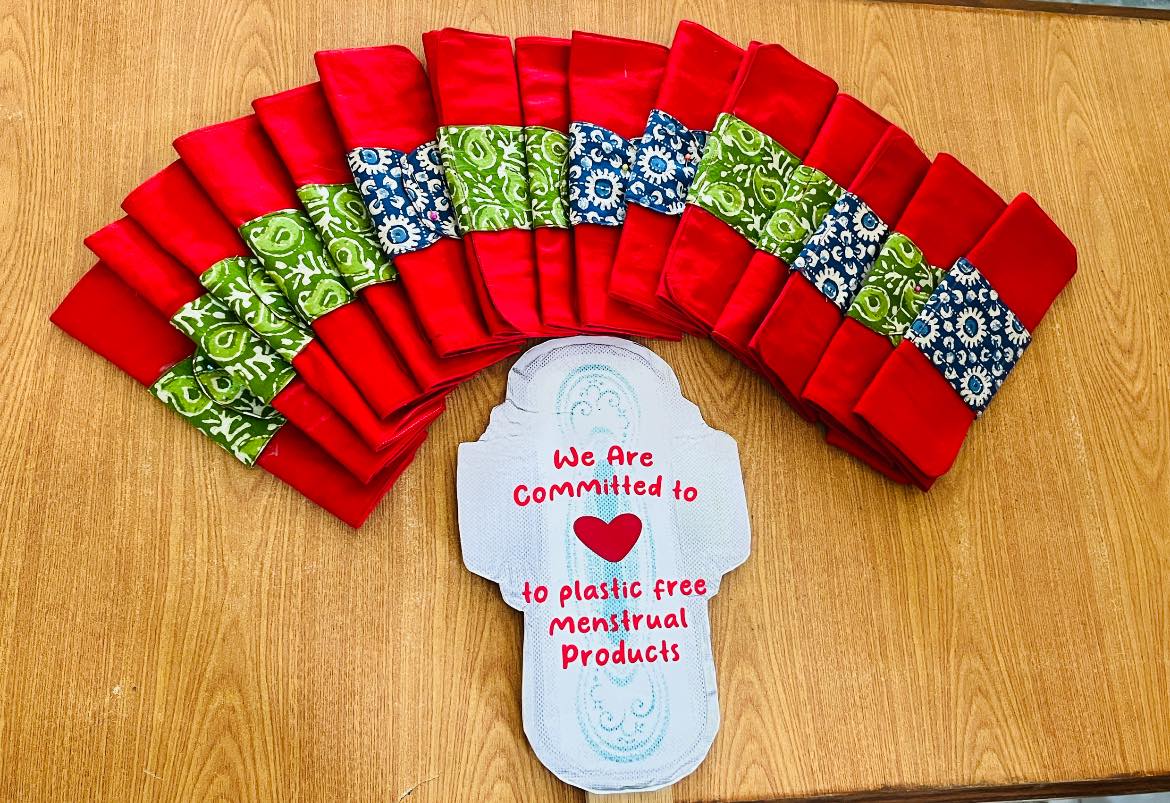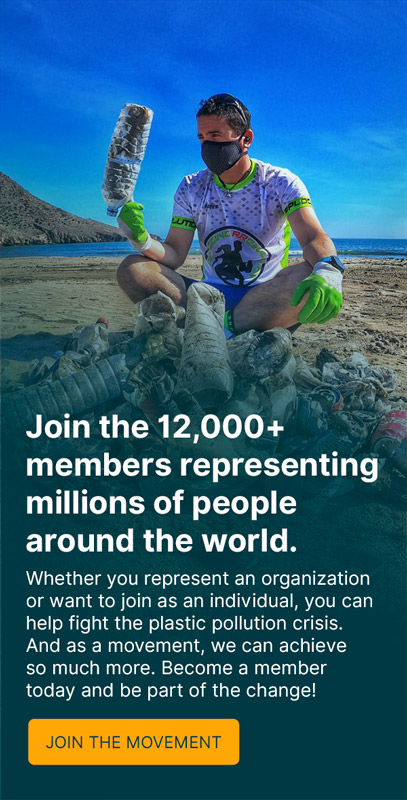Solid waste management is one of the major environmental issues and challenges faced by cities in many developing countries, including Nepal. The escalating volume of waste and its detrimental impact on the environment has led to various kinds of pollution, where governments are confronted with the urgent need for sustainable solutions.
According to ICIMOD, Nepal generates 2.7 tons of plastic waste per day, which pollutes the rivers, forests, streets, community and other areas. Plastic waste is carried along the rivers of the Terai region to the Ganges river of India, which then flows into the Bay of Bengal — disrupting terrestrial, riverine, and ocean ecosystems.
Sanitary napkins contribute significantly to the challenges of solid waste management. Due to their composition, which often includes materials such as super absorbent polymers (SAP), non-biodegradable plastic, glue etc. these products are not easily biodegradable and may take up to 500 - 800 years to decompose. However, there are several drawbacks to plastic-containing sanitary pads that are harmful to human's health, environmental health and animal health. Like other plastic waste, the volume and number of sanitary pads are increasing and their disposal has become very challenging.
In 2021, the Government of Nepal introduced the Sanitary Pads (Distribution and Management) Procedure to provide free sanitary pads to adolescent girls in community schools, aimed at improving menstrual hygiene and reducing issues like absenteeism and drop-outs. This has proved to be a very good initiative for those who could not afford hygiene products.
HECAF 360 conducted a survey regarding menstrual hygiene and disposal systems at some schools across Nepal. We found that sanitary pads were being flushed down the toilet, burned openly on the school premises, or disposed of haphazardly, which led to environmental pollution and affected community health and hygiene.
To address the above issues, HECAF 360 conducted an awareness program on plastic-free sanitary pads in seven government schools and facilitated in-person training on making reusable sanitary pads for a group of women in the Lumbini Cultural Municipality.
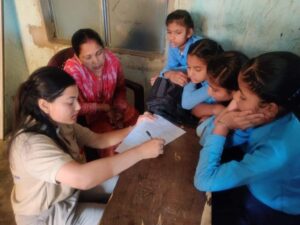
Activity 1: Menstrual Hygiene and Safety Awareness Program in Schools
On 28th May 2023, on the occasion of World Menstrual Hygiene Day, the HECAF360 team conducted a menstrual hygiene and safety awareness program in seven schools of Lumbini Cultural Municipality, Lumbini to educate and empower students about menstrual hygiene, break the stigma surrounding menstruation, and promote safe and healthy practices among students.
A survey was also conducted to assess the knowledge and practices regarding menstruation among students and teachers. We found that most of the girls use commercial sanitary pads, while some used both commercial pads and cloth pads.
Activity 2: Training on making reusable sanitary pad
From 5th June 2023 to 11th June 2023, HECAF 360 conducted training on making reusable sanitary pads for a group of women of the Lumbini Cultural Municipality. The expert trained participants to make different categories of reusable sanitary pads. This training aims to empower women to generate an independent income.
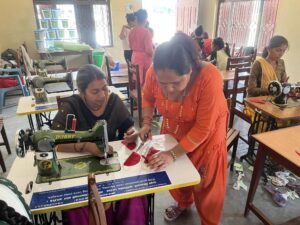
HECAF's training sessions on making reusable sanitary pads.
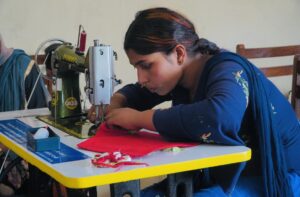
By promoting the production and use of reusable sanitary napkins, this comprehensive training and awareness program will empower women while also raising awareness among local governments, schools, and communities about the importance of plastic-free alternatives. As a result, it will play a vital role in reducing the waste that ends up in landfills and incinerators, leading to a safer and healthier environment for all.

